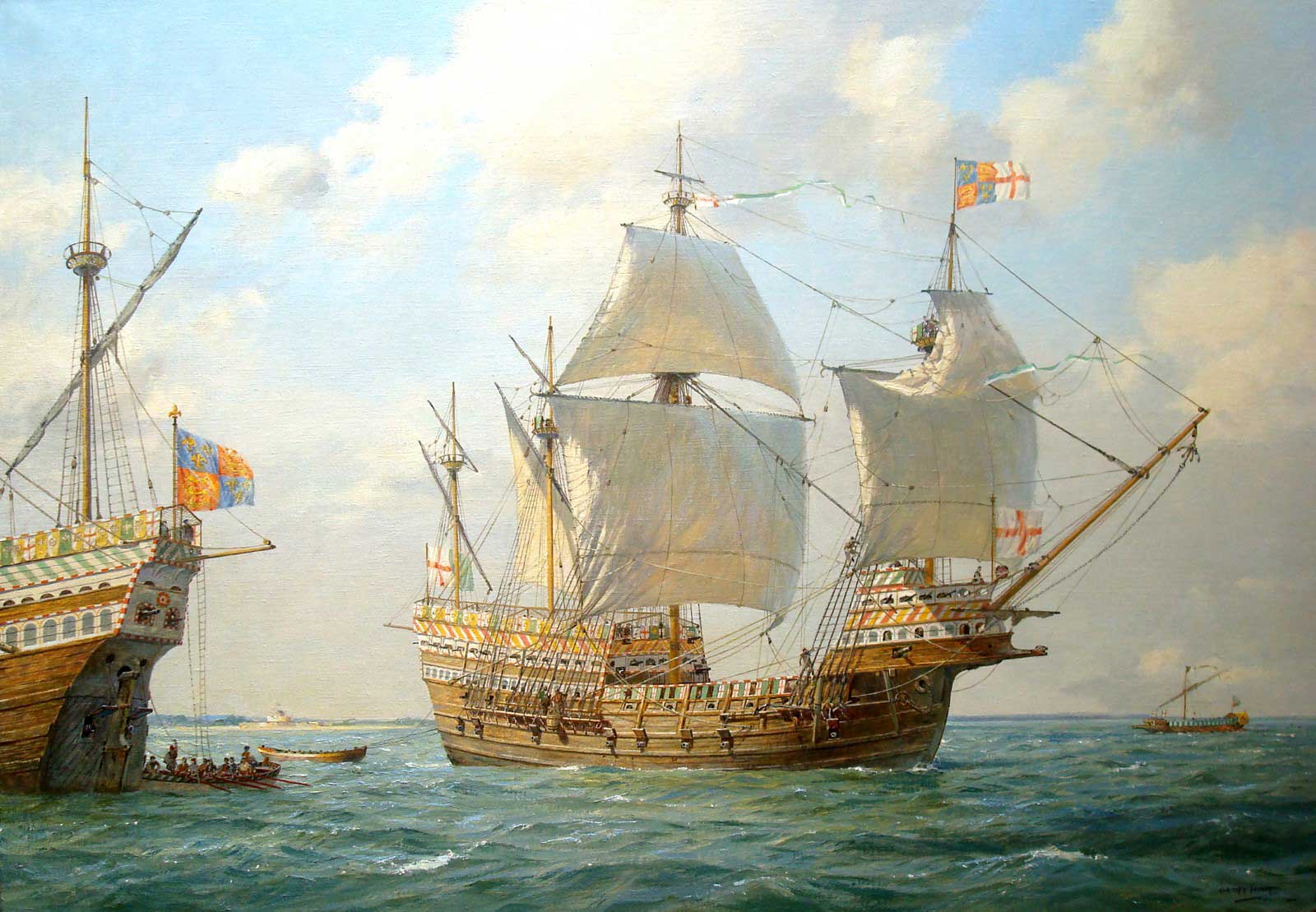The continuing research into the surviving skeletons of the crew of the ‘Mary Rose’ is reported upon in the Smithsonian Magazine. The evidence indicates that three out of eight of the best preserved sets of remains were not English but in two cases probably Spanish and a third from North Africa. In addition a fourth, though raised probably in north Devon, had what was probably Iberian ancestry. This attracts attention in the present climate because of the contemporary quest for diversity. Once that modern concern is acknowledged we can move on to the wider range of facts about age, health, upbringing and diet as well as home areas, and it is surprising how much modern methods can reveal.
To find that men and boys from Europe, or even North Africa, had enlisted, regardless of ‘nationality’ should not, on reflection, be that surprising. Port towns have always tended to have more mixed populations than those inland, and the range of English shipping from Biscay to the Baltic was considerable. The navy of the fifteenth and certainly earlier sixteenth century was doubtless made up of young men who signed up and then moved on in many cases between military and civilian shipping. The age of the traditional English Jack Tar of popular conception ( and doubtless in part of myth ) had not yet fully dawned.

The ‘Mary Rose’ at sea
Image: Mary Rose Trust
What is valuable is the point so often made about the ‘Mary Rose’ - here we have one group of sailors, their possessions and livelihood as they were on July 19th 1545. The sample will have inevitable, if unquantifiable, idiosyncrasies, but nonetheless this is a cross-section, a snapshot, of King Henry VIII’s navy and of his England.
The article, with its links to previous reports and to other sites, can be seen at Ethnically Diverse Crew of Henry VIII's Flagship Hailed From Iberia, North Africa
There is a good online account of the various deployments over the years of the ‘Mary Rose’ at The History of the Mary Rose


No comments:
Post a Comment